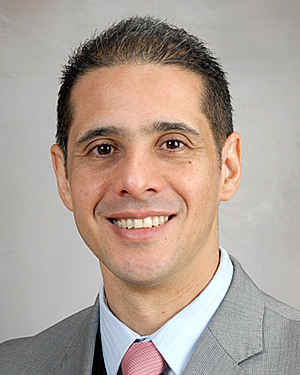
Cesar Arias, MD, PhD
UTHealth
Cesar A. Arias MD PhD (project 1 lead; Co-PI, communicating PI, Administrative Core Lead). Dr, Arias is Professor of Medicine and Molecular Genetics specializing as an infectious diseases physician-scientist with more than 28 years of experience in the AMR field focused on Gram-positive organisms (particularly working on VRE) and genomics of antimicrobial resistant pathogens (>170 publications in the field). He is currently director of CARMiG and Chair of GCC-AMR and also directs the Center for Infectious Diseases at UTHealth School of Public Health. Work from his laboratory has resulted in high-impact publications describing novel mechanisms of resistance. His laboratory has recently focused on the genetic and biochemical bases of daptomycin and antimicrobial peptide resistance in enterococci resulting, among other applications, in the change in the clinical breakpoint of daptomycin. Additionally, he has robust genomics expertise studying the population genetics of multi-drug resistant pathogens both in the USA and abroad and serves actively within the NIH-funded Antimicrobial resistance Leadership Group (ARLG; leading one of the two sequencing facilities and as PI of the international component), and serves as editor of Antimicrobial Agents and Chemotherapy.









